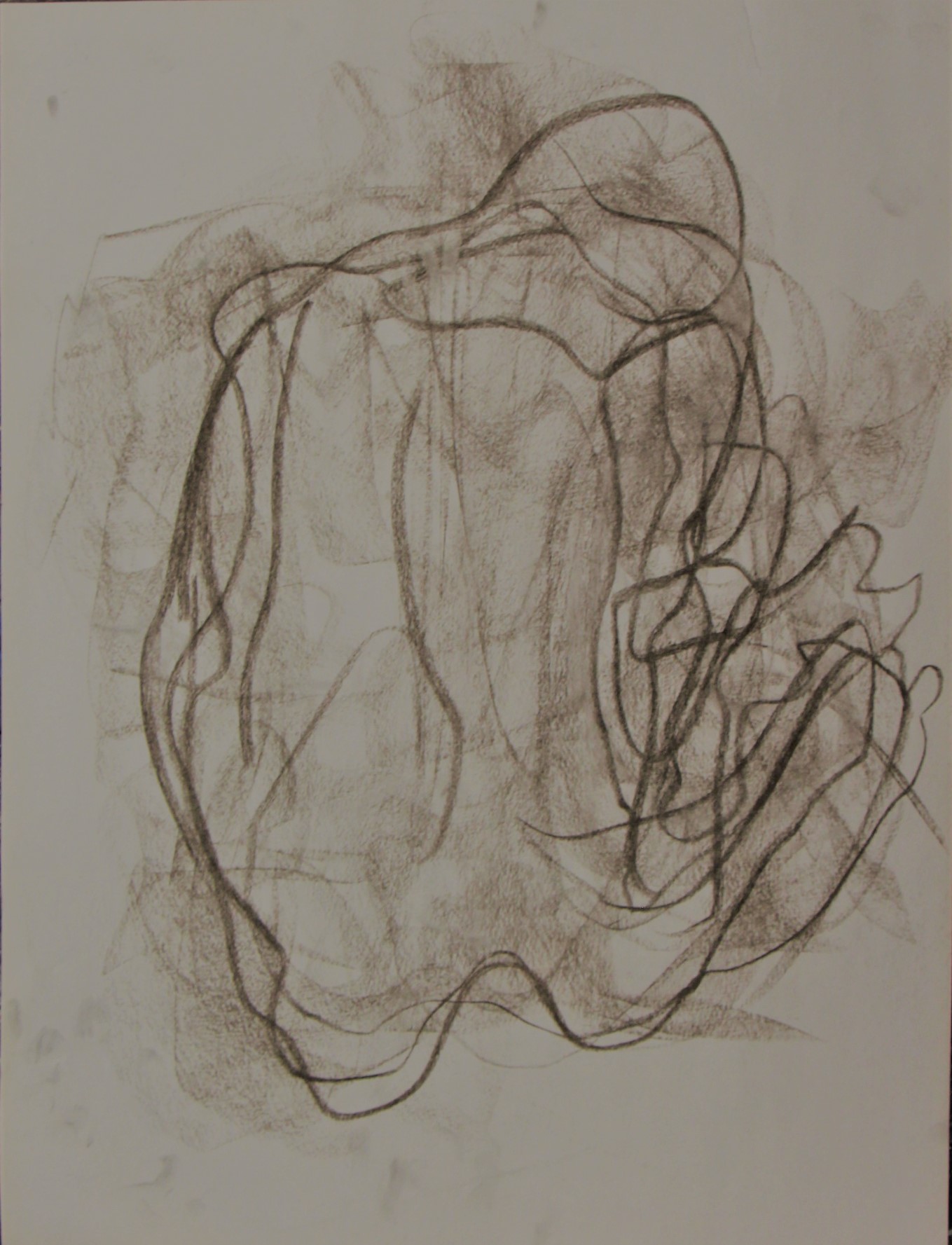How many selves are we alloted? In this post, Rebecca Kiil explores the notion of our many selves within the context of the many gods present in the daily lives of the Newar people of Kathmandu, as introduced to us in Ellen Coon’s captivating workshop, “The Mountain with Two Wives: Landscape and Embodied Memory in Kathmandu.”
Read More“God Coming”
The Patan Kumari, or living goddess. Source: Ellen Coon


